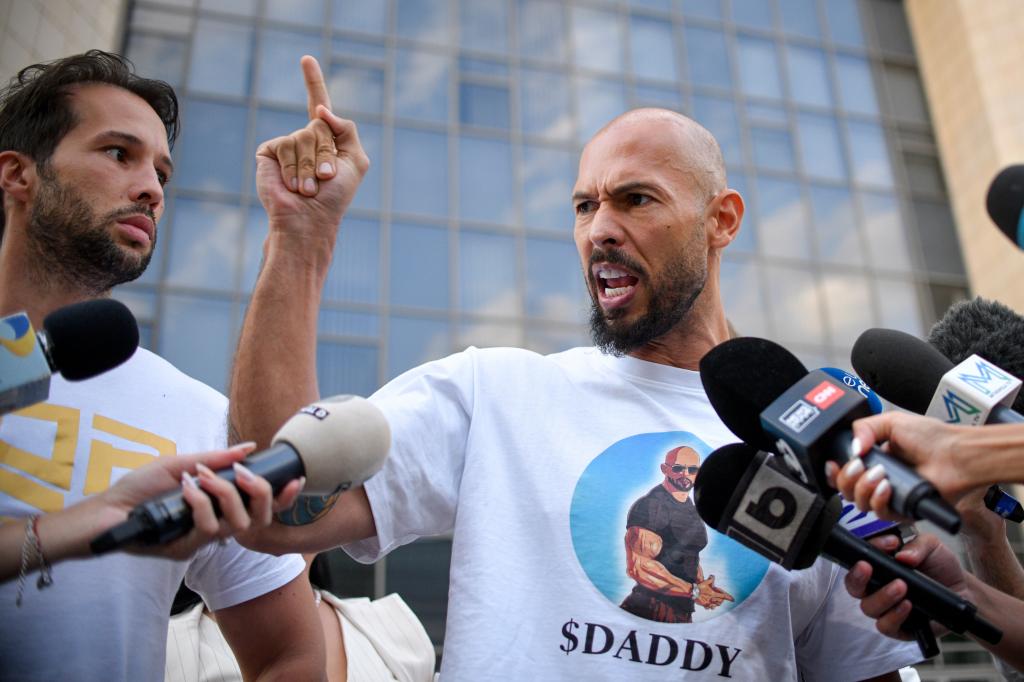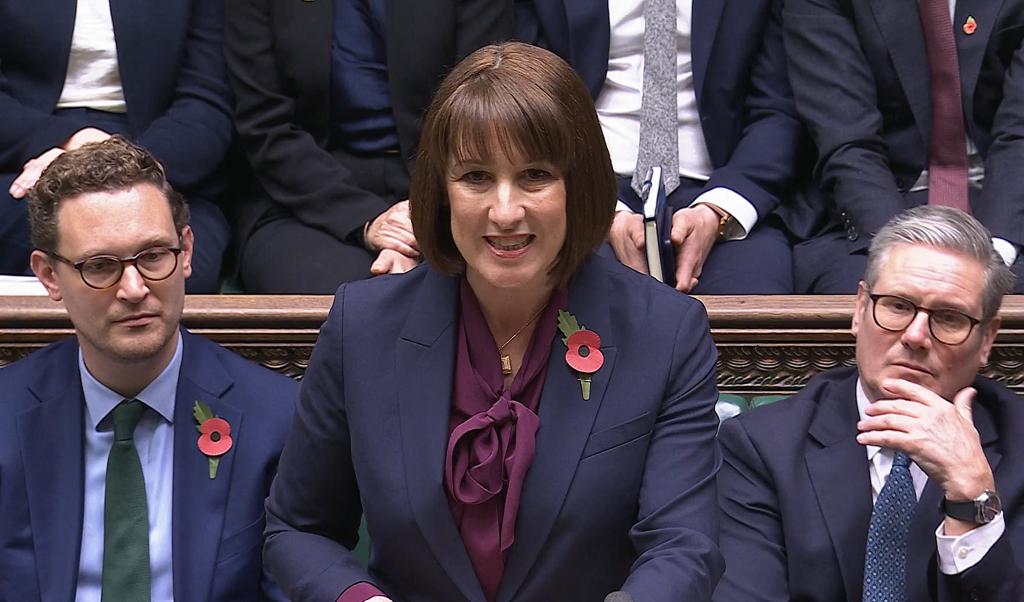Shakira's Tax Battle and the Struggles of Celebrity Life
Discover how Shakira navigated her tax battle while challenging public scrutiny and revealing the complexities of life as a global celebrity.

Key Points
- Shakira
's tax battle reflects the intense scrutiny public figures face and the often sensationalized media narratives surrounding them.
- Despite admitting tax liability, Shakira insists her decision was made to protect her children, not out of guilt or cowardice.
- The singer highlights systemic biases and gender dynamics within governmental institutions, emphasizing the need for a fair and understanding approach to celebrity scrutiny.
Recently, the world witnessed a dramatic unfolding of events involving global superstar Shakira and her protracted battle with the Spanish tax authorities. As the Colombian singer sought to navigate the complexities of international taxation, she found herself at the center of a media frenzy that sought not just to portray her as a tax evader but to sensationalize her personal life. This blog post aims to distill the key insights from her experience, providing a balanced perspective on the challenges faced by high-profile individuals in the public spotlight.
In November 2023, Shakira agreed to pay a hefty fine of €7.8 million after admitting to a tax liability of €14.5 million stemming from her residency in Spain between 2012 and 2014. However, the circumstances surrounding this agreement were rife with complexities. Despite what many may perceive, Shakira emphasizes that she took this step not out of guilt or cowardice, but to protect her children and regain some semblance of normalcy in her life.

Shakira’s narrative highlights a broader issue; the scrutiny faced by public figures is often magnified by media portrayals that prioritize sensationalism over accuracy. One particularly poignant point she raised is the perceived bias within the Spanish tax authority. She claimed that if she had been a man, particularly an American man frequently visiting a Spanish woman, there would likely not have been the same level of scrutiny or assumptions regarding her tax obligations. This accusation of systemic bias draws attention to the ongoing conversation about gender dynamics within institutional structures.
The Reality of Life as a Global Artist
Being a global artist like Shakira involves jet-setting across the world for numerous performances and events. During her time in Spain, she stated that her visits were primarily to nurture her personal relationship with former footballer
, not to establish residency. In Shakira's words, “I always returned to Spain to ensure our relationship thrived, not out of a desire to settle there”. This further complicates the narrative surrounding her residency status and tax obligations.
Moreover, the overwhelming media coverage that followed her legal battles contributed to her feelings of being publicly persecuted. “It felt as if a state institution was more interested in burning me at the stake than truly listening to my side”, she lamented. This concept of being a target for public outrage speaks volumes about the intersection of celebrity, accountability, and societal narrative.

Shakira’s situation showcases the challenges that often accompany fame. She declared that her time in Spain was a “financially lost decade” despite headlining 120 concerts in 90 cities. “How can someone who performs so extensively be financially drained?” This raises pertinent questions not just about how artists manage their finances, but also about how external pressures and misconceptions can shape public perception and even personal outcomes.
Finding Strength in Adversity
As she reflects on her ordeal, Shakira expresses a desire to leave a legacy for her children—a legacy rooted in authenticity and resilience. “I want them to understand my love for Spain and its people, yet also the importance of standing firm in one’s truth”. This commitment to transparency and truth-telling is commendable, shedding light on the often hidden struggles behind a celebrity's glamorous facade.
Ultimately, Shakira’s story is not just about taxes; it underscores a larger narrative about the treatment of women in the public eye, the complexities of celebrity culture, and the inherent flaws in how societies treat high-profile public figures. By sharing her experience, she invites us to examine our own perceptions and perhaps become advocates for understanding rather than judgment.
Through her journey, Shakira reminds us that even amidst the chaos of public scrutiny, the pursuit of truth and justice remains paramount. As she continues to navigate her life and career, may her story inspire us all to question societal constructs and reflect on the narratives we choose to amplify.


